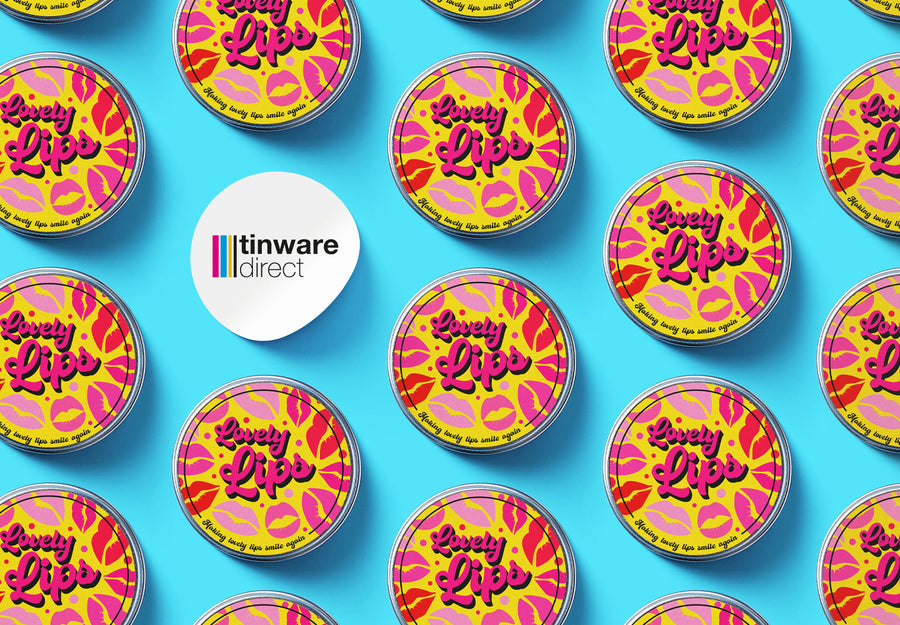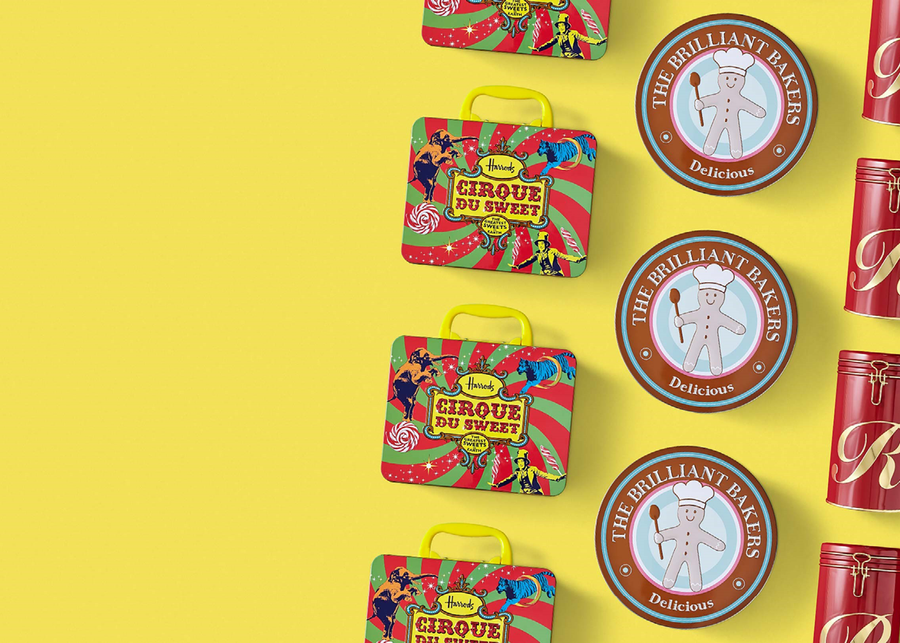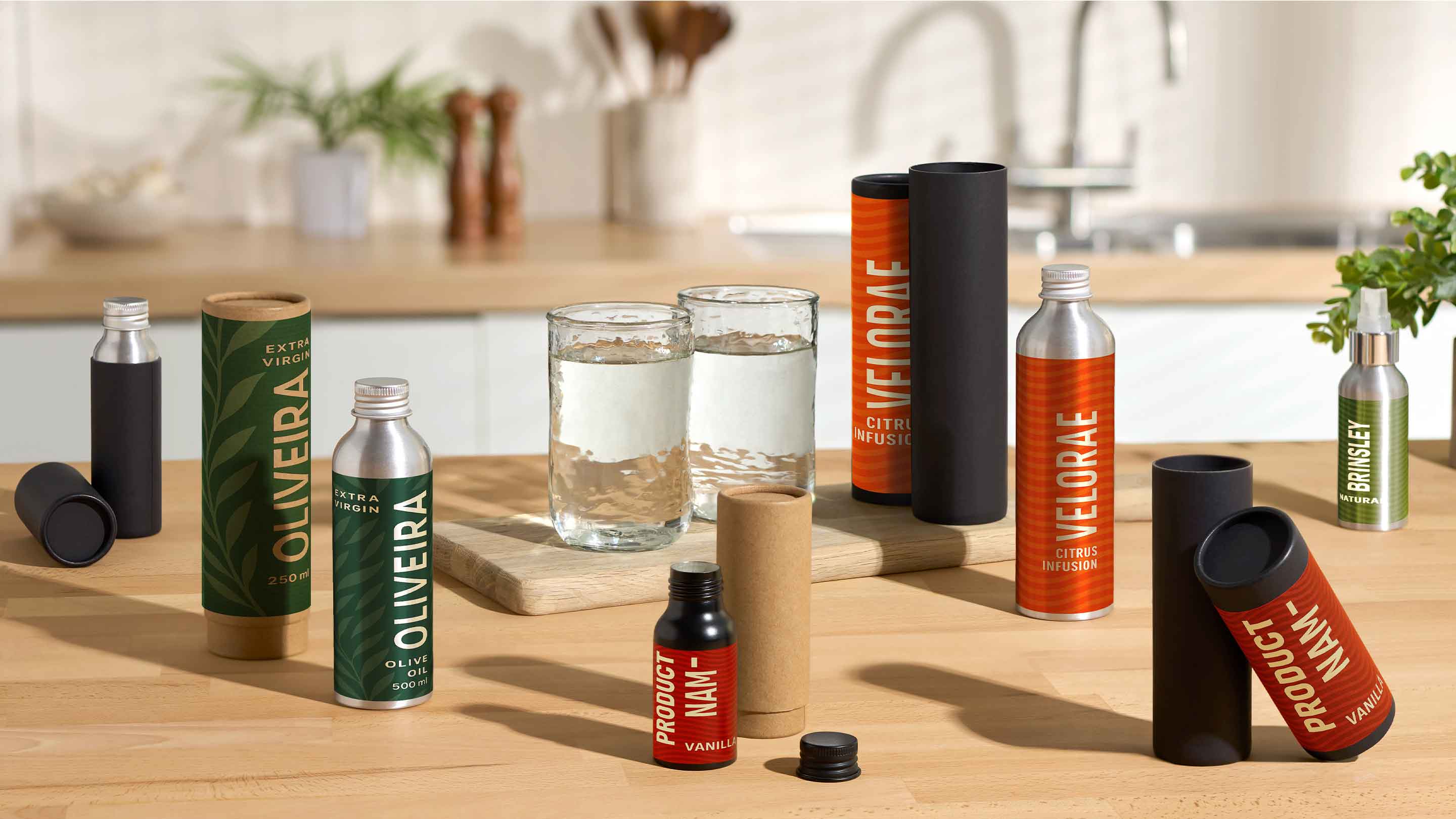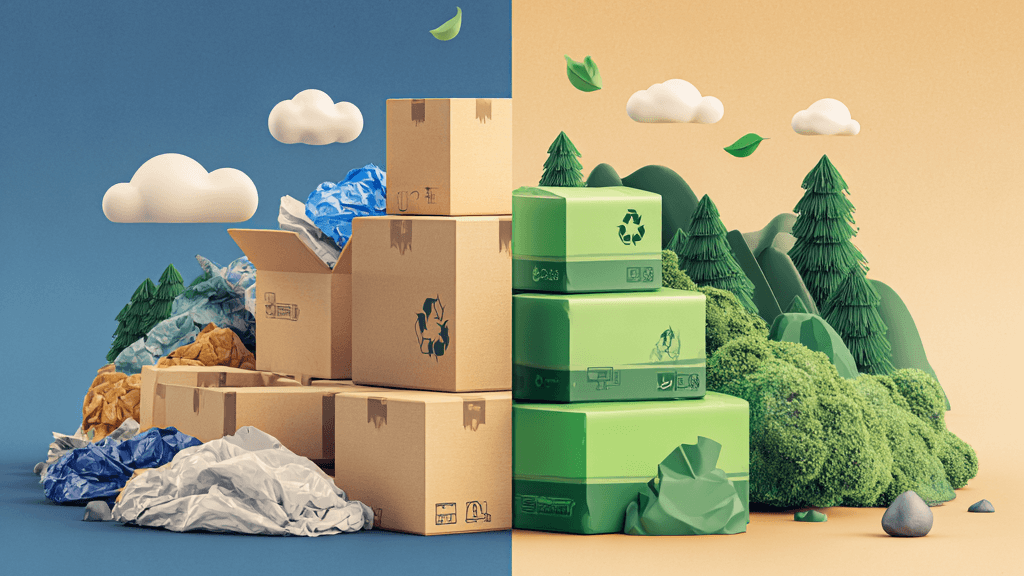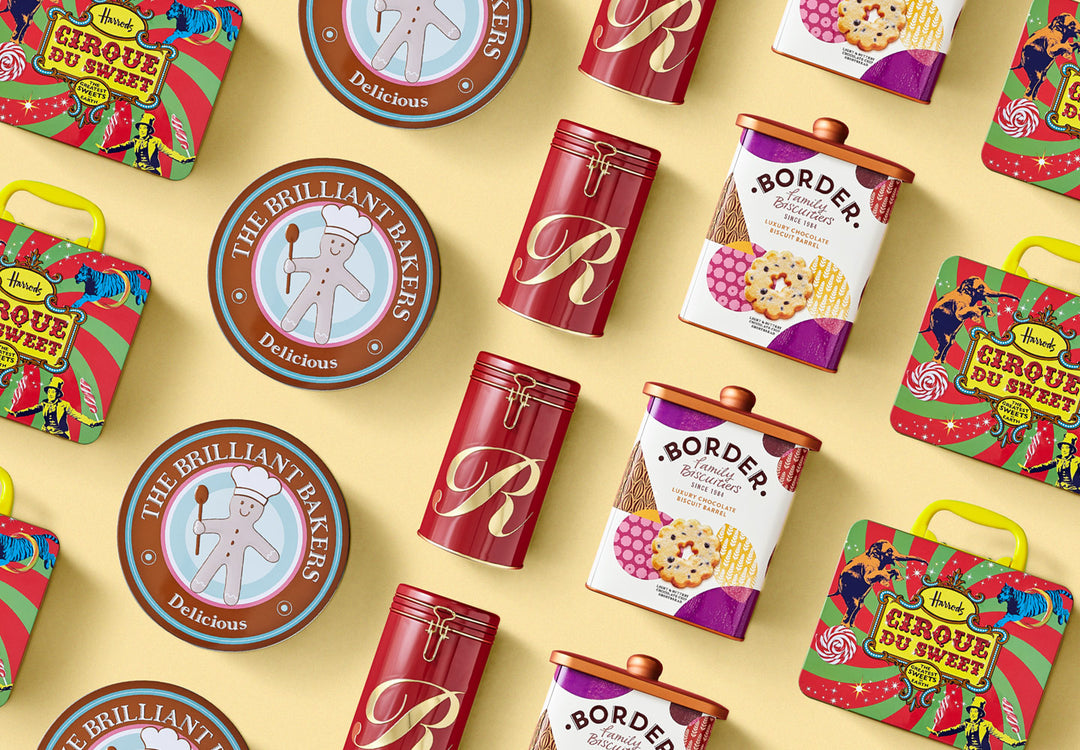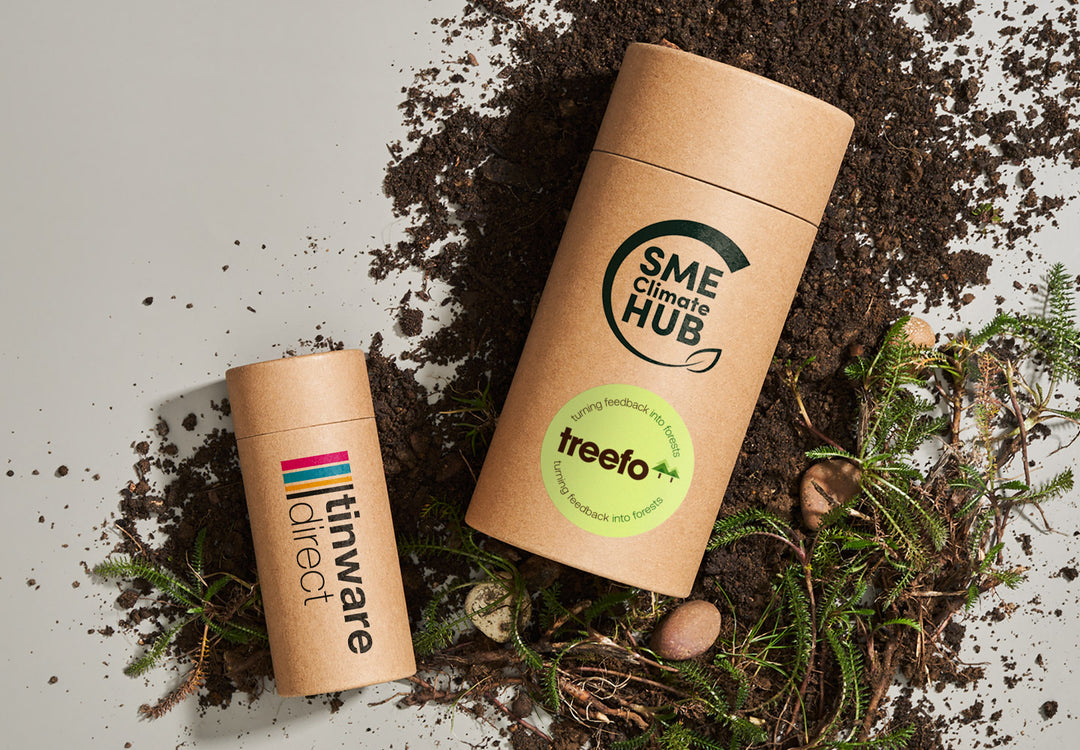Popular Food Manufacturers Accused Of Alleged Greenwashing With Sustainable Packaging Claims
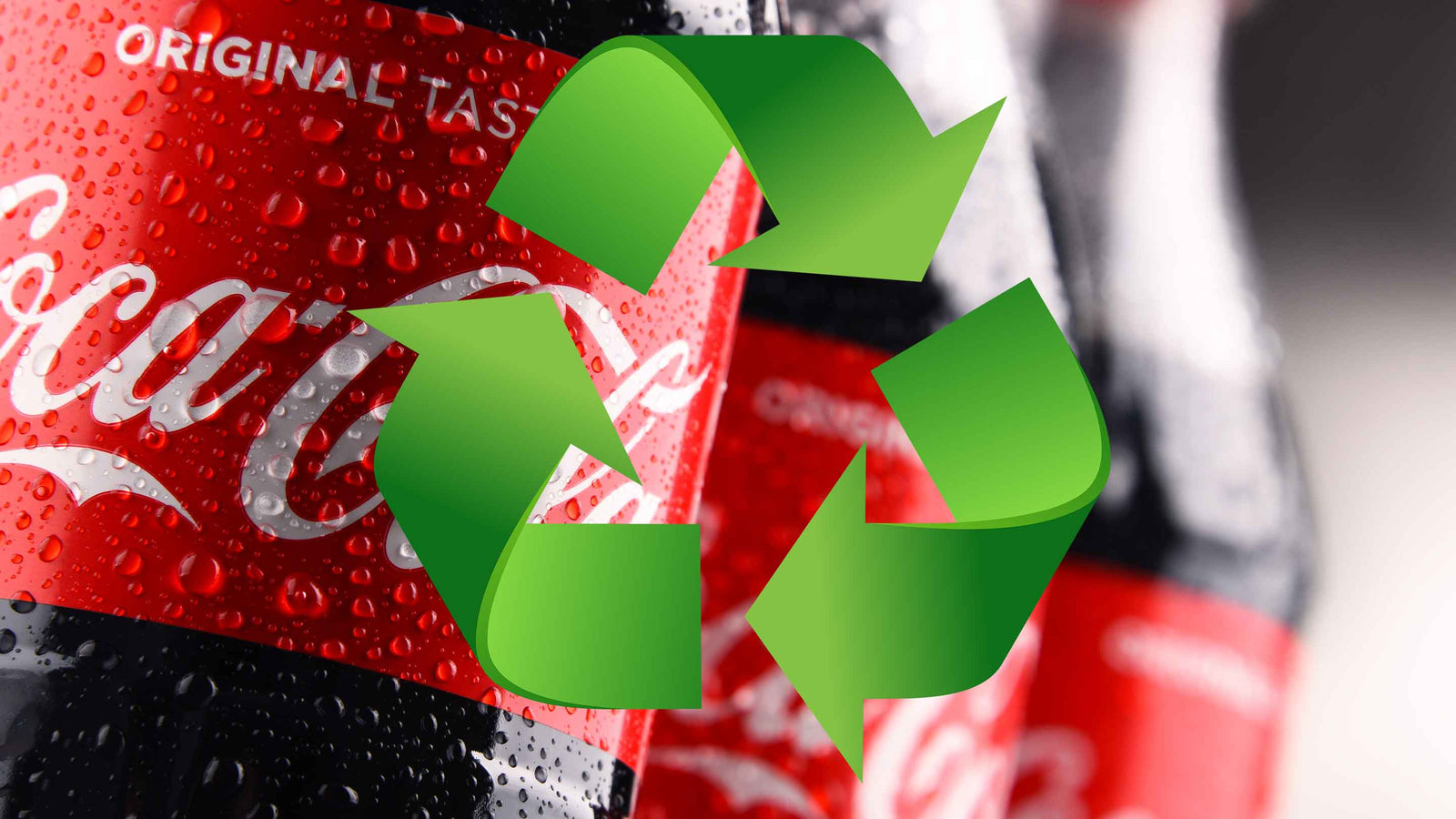
Several major brands including Coca-Cola and Nestle have been accused of making claims about their packaging that are misleading. The main concern stems from plastic bottles marketed as “100% recycled.”
A consumer body has now filed a legal complaint with the European Commission with regards to alleged greenwashing.
According to the European Consumer Organisation backed by Client Earth and ECOS, the terms used by the companies: “100% recycled” and “100% recyclable” are misleading.
Coca-Cola says their packaging claims can be substantiated while Nestle stated they work hard to communicate clearly with consumers and that they are cutting down on the use of plastic packaging.
If the European Commission decides the complaint is valid, then they could organise a response involving various national consumer authorities.
This news follows claims by the Advertising Standards Authority (ASA) in the UK that packaging by other businesses is being marketed as “biodegradable” when it could take an unlimited number of years to break down.
According to the ASA the majority of businesses aim to maintain an honest marketing campaign but are often too vague and assume consumer knowledge.
The regulator also claims that when customers find out the truth they are often left disappointed.
Miles Lockwood, director of complaints and investigations at the ASA, said that they would be cracking down on the unsubstantiated use of sustainable packaging terms in marketing campaigns to tackle issues with greenwashing.
Our Perspective
One of the challenges of marketing sustainable packaging is that the term is subjective. While businesses may view their packaging as an eco-conscious choice, customers could disagree. This is why it’s important to be as open and honest as possible about how your packaging will degrade and whether it is reusable.
Businesses should also strive to educate their consumer base as much as possible and ensure they have a better understanding of sustainable terms including:
- Compostable
- Biodegradable
- Reusable
This is why it is important to research your target audience to explore what packaging types they prefer and their knowledge of sustainable choices.
Sources
1. Coca Cola and Nestle accused of misleading eco claims
2. UK ad watchdog to crack down on ‘biodegradable’ and ‘recyclable’ claims
